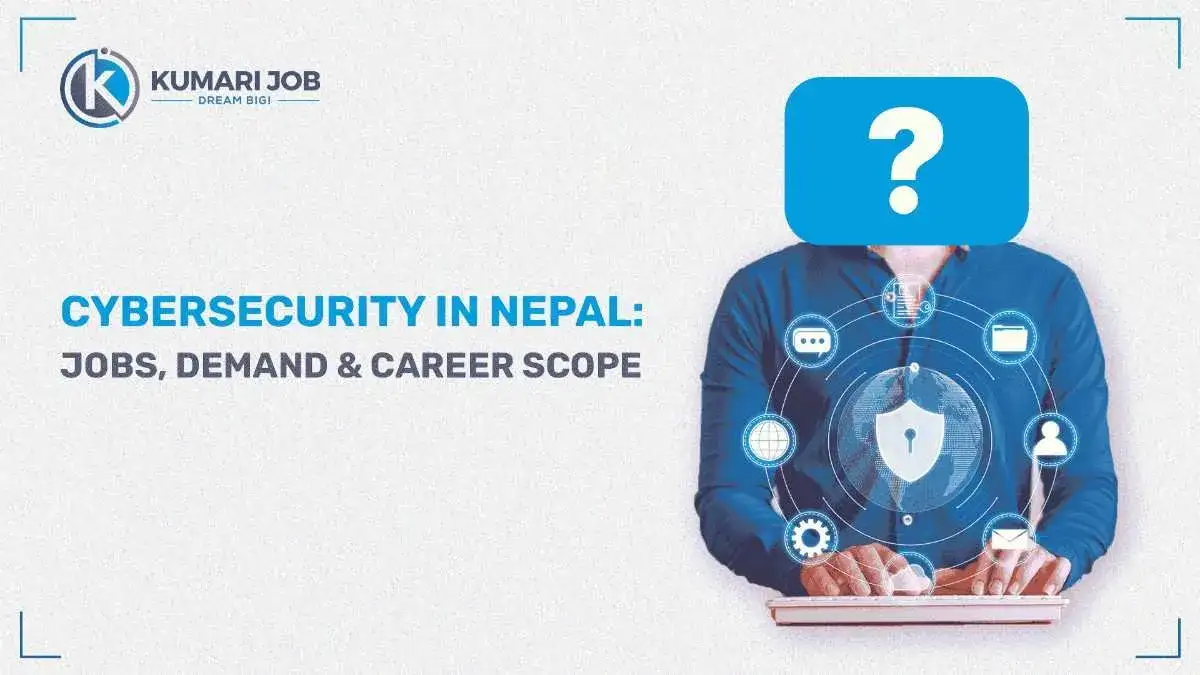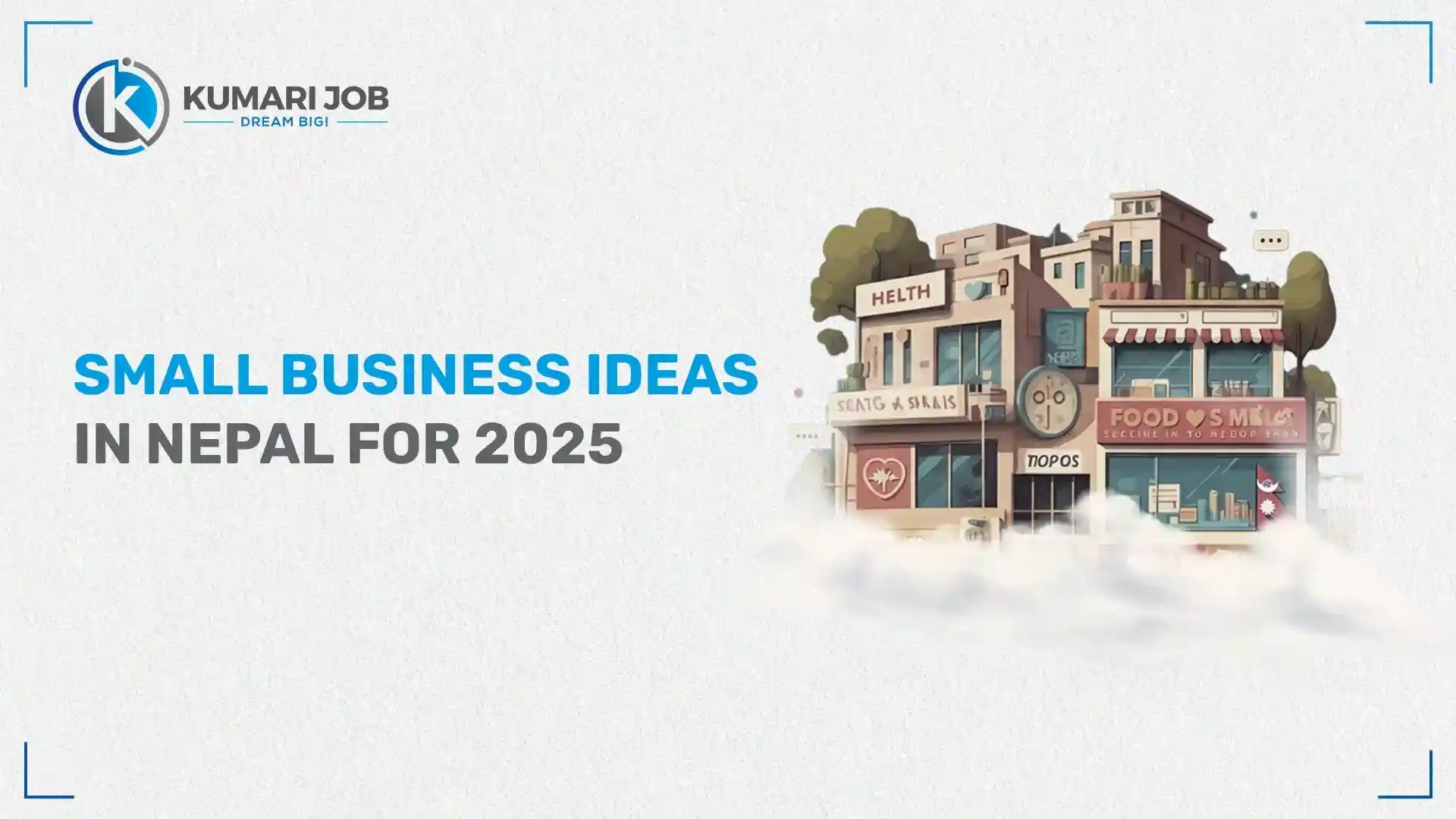.png)
Food and Agriculture Organization announces vacancy for National Digital Agriculture Specialist.
In this blog
National Digital Agriculture Specialist
Organizational Unit: FANEP
Job Type: Non-staff opportunities
Type of Requisition: PSA (Personal Services Agreement)
Grade Level: N/A
Primary Location: Nepal-Kathmandu
Duration: 120 days WAE basis within the duration of maximum 11 months
Post Number: N/A
FAO seeks gender, geographical and linguistic diversity in its staff and international consultants in order to best serve FAO Members in all regions.
- FAO is committed to achieving workforce diversity in terms of gender, nationality, background and culture
- Qualified female applicants, qualified nationals of non-and under-represented Members and person with disabilities are encouraged to apply
- Everyone who works for FAO is required to adhere to the highest standards of integrity and professional conduct, and to uphold FAO’s values
- FAO, as a Specialized Agency of the United Nations, has a zero-tolerance policy for conduct that is incompatible with its status, objectives and mandate, including sexual exploitation and abuse, sexual harassment, abuse of authority and discrimination
- All selected candidates will undergo rigorous reference and background checks
- All applications will be treated with the strictest confidentiality
- FAO staff are subject to the authority of the Director-General, who may assign them to any of the activities or offices of the Organization.
Organizational Setting
The Food and Agriculture Organization of the United Nations (FAO) is a specialized technical agency of the United Nations. The FAO mission is to work toward the eradication of hunger and strive for food security for everyone as stated in the 2030 Agenda. The FAO’s Strategic Framework aspires to transform agri-food systems so that they are more efficient, inclusive, resilient, and sustainable. The ultimate goals of these efforts include better production, better nutrition, better environment, and better lives, while leaving no one behind.
The FAO projects in Nepal currently involve building technical capacity, developing policies, enhancing agri-production, strengthening food systems, improving food & nutrition security, and mitigating the adverse impact of natural disasters and climate change. The FAO also embraces the One Health approach to address threats posed by zoonotic diseases to human health. Within the framework of the food security cluster, the FAO helps to coordinate humanitarian assistance and the recovery of livelihoods in the agriculture sector.
The FAO endeavours to eradicate hunger and malnutrition through its global initiatives. The key priorities of the Country Programming Framework (CPF) for Nepal (2018-22) entail enhancing natural resource management and agricultural production system resilient to climate change and disasters. For this reason, resilient livelihoods are critical to the efforts of the FAO to help the most vulnerable people achieve food security and the freedom from hunger — one of the most basic human rights. Thus, protecting people’s livelihoods from shocks, and strengthening their capacity to absorb the impact of, and recover from, disruptive events is important.
FAO harnesses the power of digital technologies to pilot, accelerate and scale innovative ideas with high potential for impact in food and agriculture, transforming digital solutions and services into global public goods. It aims to explore the responsible application and adoption of existing and frontier technologies, design and scale new services, tools and approaches to empower rural households and inspire youth entrepreneurship in food and agriculture.
FAO Nepal will implement a project TCP/NEP/3902 entitled “Support to Enhancing Agricultural Productivity and Livelihoods of Farmers Through Digital Village Initiatives”. This project will develop a digital village model for rural agricultural digital services and implement it at a pilot scale in selected villages of the two districts of the two provinces covering two ecological zones (Mid-hills and Terai). The location of Digital Village Initiatives (options) will be selected on the feasibility, inclusiveness, affordability, and scalability in consultation with concerned stakeholders during the project inception workshop.
The National Digital Agriculture Specialist will work with the national and regional offices of the FAO along with the relevant government counterparts to develop and implement activities that support the realization of the project objectives.
Reporting Lines
The National Digital Agriculture Specialist works under the overall supervision of the FAOR in Nepal, the direct supervision of Assistant FAOR (Programme), and the technical supervision of the FAO-RAP.
Technical Focus
Piloting digital villages in selected clusters that employs a community-led approach to rural development and encourages a higher degree of digital solutions uptake in agriculture.
Tasks and responsibilities
- Lead on overall responsibility for the smooth implementation of the project’s activities in accordance with the project document and work plan in consultation and coordination with FAO country office programme team, RAP technical team/ LTO, and the Government counterpart.
- Review and prepare the project plans, project activities, targets, criteria, and progress reports and provide overall advice and guidance for the implementation of the project; ensure coordination and cooperation with all the stakeholders.
- Facilitate to undertake an assessment of digital agriculture to identify gaps, opportunities, and potentialities in consultation with concerned stakeholders in alignment with FAO E-agriculture strategy guide with a focus on digital services needs for specific value chains (crops, livestock.
- Facilitate in developing a national strategic action plan for digital agriculture in alignment with Digital Nepal framework 2019 with agreed priorities and mechanism (with MOALD).
- Facilitate building a multi-sectoral, multi-stakeholder approach into mainstreaming digital solutions for agriculture both nationally as well as in the project sites.
- Identify Digital Village Initiative (DVI) location, and beneficiaries in consultation with local stakeholders based on the selection criteria agreed upon during inception.
- Support to develop a digital village model in agriculture for rural digital services (with digital innovations/ services, users, developers, and enablers)
- Participate in the technical and steering committee meetings at various levels organized for drafting and finalizing the strategic action plan and DV models to make it implementable and develop ownership by the stakeholders.
- Participate in the consultation meetings organized with concerned stakeholders (validation), finalization of the draft action plan.
- Develop and operationalize a DV platform with a detailed business model in target areas in collaboration with Service provider to increase access to digital tools and technologies and build skills in protocols and tools.
- Carry out and supervise activities for identification and assessment of the farms for DVI interventions aimed at supporting beneficiaries by working closely with the service providers, service delivery agencies, research agencies, commercial farmers/farms, private providers, and technology developers.
- Facilitate for the establishment of digitally enabled community hubs to deliver agriculture services in collaboration with partners and/or service provider.
- Facilitate trainings and other educational activities on the operationalization of DVI platform and on improved technologies to increase productivity and promote safe food production practice and climate smart solutions.
- Conduct co-designing workshop with farmers, cooperatives and local service providers and market actors on DV business model.
- Support national government to identify sustainable interventions (tools, technologies, platforms)and processes (strengthening policy, regulatory frameworks) to introduce and strengthen digital technology to provide support agriculture extension, facilitate market access for farmers, small and medium-scale rural entrepreneurs including youth and women and other rural residents and, also share and exchange data and information with buyers, customers, suppliers, and government agents.
- Document and disseminate the best practices and success cases.
- At the end of this project, develop strategic guidelines for upscaling the project outputs.
- Provide any other support necessary to the project and requested by the FAO CO team and RAP/HQ.
CANDIDATES WILL BE ASSESSED AGAINST THE FOLLOWING
Minimum Requirements
- National or Resident of Federal Democratic Republic of Nepal
- Master’s degree in a relevant discipline (e.g., Agri business, Information and Communication, Computer Science, Rural development, Quantitative Methods or Development Studies etc.)
- At least five years of post-baccalaureate proven work experience on digital agriculture and/or rural development.
- Working knowledge of English and Nepali
FAO Core Competencies
- Results Focus
- Teamwork
- Communication
- Building Effective Relationships
- Knowledge Sharing and Continuous Improvement
Technical/Functional Skills
- Strong technical skills on the use of digital technologies and tools in agriculture value chain ( Crop, livestock, and fisheries). Knowledge of AI/ML or other advanced digital tools is an asset.
- Extent and relevance of experience in projects with a focus on agriculture and/or rural development, ideally with a focus on digitalization.
- Demonstrated experience in dealing with government officials, development partners and other country stakeholders.
- Proficiency in technical report writing in English. Excellent communication skills.
- Computer skills in Office applications including Excel, Word, Outlook, PowerPoint
Selection Criteria
- Demonstrated professional working experience in relevant fields and similar activities as mentioned in the Terms of Reference
- Ability to manage and work with a multidisciplinary and multicultural team
- Proven ability to network sensitively, cooperatively, and productively with multiple stakeholders
- Proven ability to work under pressure with tight deadlines, and to deliver in a timely manner within cost and quality standards
- High degree of team ethics, well-organized, results-focused and dynamic personality
- Proficiency in both spoken and written English
- Previous experience working with UN agencies is an asset
Please note that all candidates should adhere to FAO Values of Commitment to FAO, Respect for All and Integrity and Transparency.
ADDITIONAL INFORMATION
- FAO does not charge a fee at any stage of the recruitment process (application, interview meeting, processing).
- Incomplete applications will not be considered. If you need help or have queries, please contact: Careers@fao.org
- Applications received after the closing date will not be accepted.
- Only language proficiency certificates from UN accredited external providers and/or FAO language official examinations (LPE, ILE, LRT) will be accepted as proof of the level of knowledge of languages indicated in the online applications.
- For other issues, visit the FAO employment website: http://www.fao.org/employment/home/en/
- Appointment will be subject to certification that the candidate is medically fit for appointment, accreditation, any residency or visa requirements, and security clearances.
HOW TO APPLY
- To apply, visit the recruitment website at Jobs at FAO and complete your online profile. We strongly recommend that your profile is accurate, complete and includes your employment records, academic qualifications, and language skills
- Candidates are requested to attach a letter of motivation to the online profile
- Once your profile is completed, please apply, and submit your application
- Please note that FAO only considers higher educational qualifications obtained from an institution accredited/recognized in the World Higher Education Database (WHED), a list updated by the International Association of Universities (IAU) / United Nations Educational, Scientific and Cultural Organization (UNESCO). The list can be accessed at http://www.whed.net/
- Candidates may be requested to provide performance assessments and authorization to conduct verification checks of past and present work, character, education, military and police records to ascertain any and all information which may be pertinent to the employment qualifications
- Incomplete applications will not be considered
- Personal information provided on your application may be shared within FAO and with other companies acting on FAO’s behalf to provide employment support services such as pre-screening of applications, assessment tests, background checks and other related services. You will be asked to provide your consent before submitting your application. You may withdraw consent at any time, by withdrawing your application, in such case FAO will no longer be able to consider your application
- Only applications received through the FAO recruitment portal will be considered
- Your application will be screened based on the information provided in your online profile
- We encourage applicants to submit the application well before the deadline date.
If you need help, or have queries, please contact: Careers@fao.org
Closure Date: 28/Dec/2022, 4:44:00 AM
To apply for this job please visit jobs.fao.org.









Dharmaraj k.c
Nov 28,2023sabina bhandari
Nov 17,2023